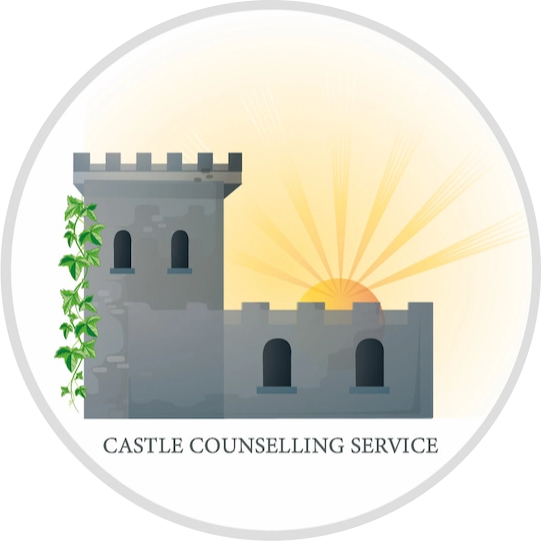Understanding Low Mood and Depression in Teens and Adults
Feeling low from time to time is part of being human—but when low mood lingers and begins to affect daily life, it may be a sign of depression. Both teens and adults can experience depression, though the symptoms may look different at different stages of life. Recognising the signs and knowing when to seek help is an important step towards recovery.
What Is Low Mood vs. Depression?
A low mood is often temporary. You may feel sad, tired, unmotivated, or irritable for a few days before things lift. Depression, on the other hand, is more persistent. It can last weeks or months, affecting how you think, feel, and function in daily life.
Common Symptoms of Depression
-
Persistent sadness or emptiness
-
Loss of interest in activities once enjoyed
-
Changes in sleep (too much or too little)
-
Difficulty concentrating
-
Feelings of guilt or worthlessness
-
Withdrawal from friends and family
-
Physical symptoms such as fatigue, headaches, or appetite changes
Depression in Teens
Teenagers often struggle to express their emotions, which can make depression harder to spot. Parents and caregivers should watch for:
-
Sudden changes in behaviour or grades
-
Increased irritability or anger
-
Avoidance of friends or activities
-
Risk-taking behaviour or self-harm
-
Talking about feeling hopeless
Early intervention is key. Supportive conversations, open communication, and professional counselling can make a big difference.
Depression in Adults
Adults with depression may notice that their work performance, relationships, or physical health begin to suffer. Sometimes depression is triggered by life changes such as job stress, relationship difficulties, financial strain, or bereavement. Unlike teens, adults may feel pressure to "hold it all together," which can delay seeking help.
How Counselling Can Help
Professional counselling provides a safe and confidential space to:
-
Understand underlying causes of low mood and depression
-
Learn practical coping strategies
-
Challenge negative thought patterns
-
Build healthier relationships and routines
-
Explore treatment options alongside medical care, if needed
Self-Help Tips for Managing Low Mood
While counselling is highly recommended for depression, small daily actions can support recovery:
-
Maintain a regular sleep routine
-
Stay physically active, even with gentle exercise
-
Eat balanced, nourishing meals
-
Limit alcohol and substance use
-
Stay connected with supportive friends and family
-
Practice relaxation techniques such as deep breathing, meditation, or journaling
When to Seek Help
If low mood has lasted more than two weeks, or if you or someone you care about feels hopeless, overwhelmed, or unsafe, it’s time to seek professional support. Speaking with a counsellor or mental health professional can help you move forward.
Final Thoughts
Depression affects people of all ages—but no one has to face it alone. Whether you’re a parent worried about your teenager, or an adult struggling to cope, help is available. Counselling offers guidance, tools, and hope for recovery.
📞 If you’re ready to talk, contact our counselling team today for confidential support.
